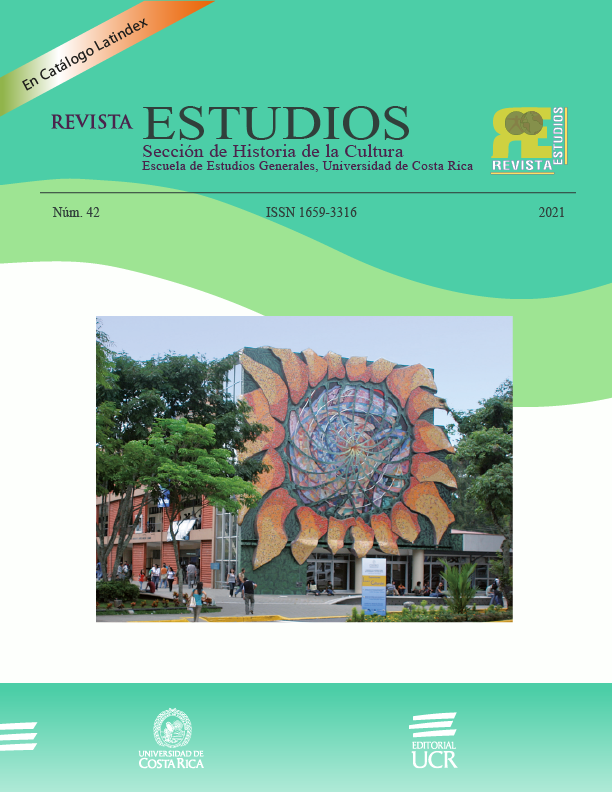Abstract
The research tries to deepen in the analysis of different thoughts expressed by Nicaraguan migrant women in Costa Rica regarding their life experiences related to sexual education, the decision of having children, the sexual affective negotiations in couple relations, sexual violence, economic exclusion and the complex conditions to exercise their sexual and reproductive rights in the migration context.
Among the main results, the living of forced motherhoods, lack of educative tools during childhood and adolescence, as the multiple forms of violence, stands out. The capacity to articulate and resistance practices, mainly with other women, to create strategies for survival, are underlined. Other aspects that stand out, besides, are the reflexive clarity regarding their life experiences and the current handling of their right to choose.
References
Asamblea General de Naciones Unidas. (2016). En condiciones de seguridad y dignidad: respuesta a los grandes desplazamientos de refugiados y migrantes. Informe del Secretario General, Nueva York.
Barroso, J. (2014). Feminismo decolonial: una ruptura con la visión hegemónica eurocéntrica, racista y burguesa. Entrevista con Yuderkys Espinosa Miñoso. Iberoamérica Social: revista-red de estudios sociales, 2(3), 22-33.
Hill Collins, P. (1993). Toward a New Vision: Race, Class, and Gender as Categories of Analysis and Connection. Race, Sex & Class, 1(1), 22-45.
Mesa, S. (2012). Entrevista personal. (C. Sánchez, Entrevistador)
Millet, K. (1995). Política Sexual, Madrid: Ediciones Cátedra.
National Women´s History Museum. (2015). Biography of Sojourner Truth. Obtenido de https://www.womenshistory.org/education-resources/biographies/sojourner-truth
ONU MUJERES e Instituto para las Mujeres en la Migración. (2015). Las mujeres trabajadoras migrantes, el envío de remesas y la generación de cadenas de cuidado en el corredor Chiapas-Centroamérica. Ciudad de México.
Sánchez, C. (2013). El ejercicio de los Derechos Sexuales y Reproductivos. El caso de las trabajadoras domésticas de la Red de Mujeres Nicaragüenses en Costa Rica. San José: Universidad de Costa Rica.
Sandoval, C. (2008). Otros amenazantes: los nicaragüenses y la formación de identidades nacionales en Costa Rica. Costa Rica: Editorial Universidad de Costa Rica.


